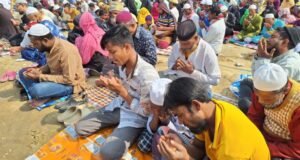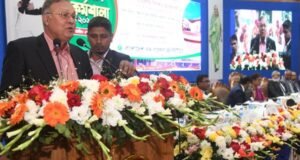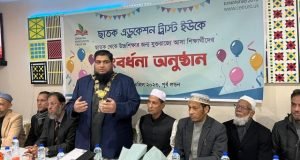 A court in the western Indian state of Gujarat has refused to dismiss charges of sedition against a firebrand young leader of the Patel caste.
A court in the western Indian state of Gujarat has refused to dismiss charges of sedition against a firebrand young leader of the Patel caste.
However, the court told the police to drop charges of “promoting enmity between two communities or groups” against him.
Hardik Patel, 22, was caught on camera earlier this month telling his supporters to “kill policemen rather than commit suicide”.
Mr Patel says the video is “doctored”.
He has led huge protests, demanding quotas in government jobs for the community, despite their relative prosperity.
“If you have so much courage… then go and kill a couple of policemen. Patels never commit suicide,” The Times of India quoted Mr Patel as telling a supporter in Surat on 3 October.
He was talking to a local youth, Vipul Desai, who had announced that he would kill himself in support of the protests, the paper reported.
After a video recording of the comments surfaced, Mr Patel said he had been “misinterpreted” and that the recording was “doctored”.
But the Gujarat police say the tape is genuine and filed a case against the Patel leader.
Mr Patel is currently in prison in connection with another case – police in Gujarat’s largest city Ahmedabad have accused him of allegedly inciting his supporters to resort to violence after the Patel community’s massive rally in the city on 25 August. They have also charged him with sedition.
Under Indian law, sedition is a non-bailable offence.
In August, eight people were killed in two days of caste-related violence and the army was deployed to maintain peace in Ahmedabad and other areas.
Patels, who comprise some 20% of Gujarat’s population, control India’s thriving diamond cutting and polishing industry and are among the most prosperous businessmen and farmers in Gujarat.
But they complain that they are denied college places because of affirmative action to ensure those below them in India’s complex social structure have access.
And they say they have been affected by a slowdown in small and medium industries in Gujarat which has led to a drying up of employment opportunities.
Patels are now demanding affirmative action and classification as Other Backward Classes (OBCs) so that they are entitled to quotas in state-run education centres and in government jobs.
OBC refers to the castes – in the middle of the Hindu caste hierarchy – who do not face so much exclusion or isolation in society but have been traditionally socially and economically disadvantaged.
 Weekly Bangla Mirror | Bangla Mirror, Bangladeshi news in UK, bangla mirror news
Weekly Bangla Mirror | Bangla Mirror, Bangladeshi news in UK, bangla mirror news





